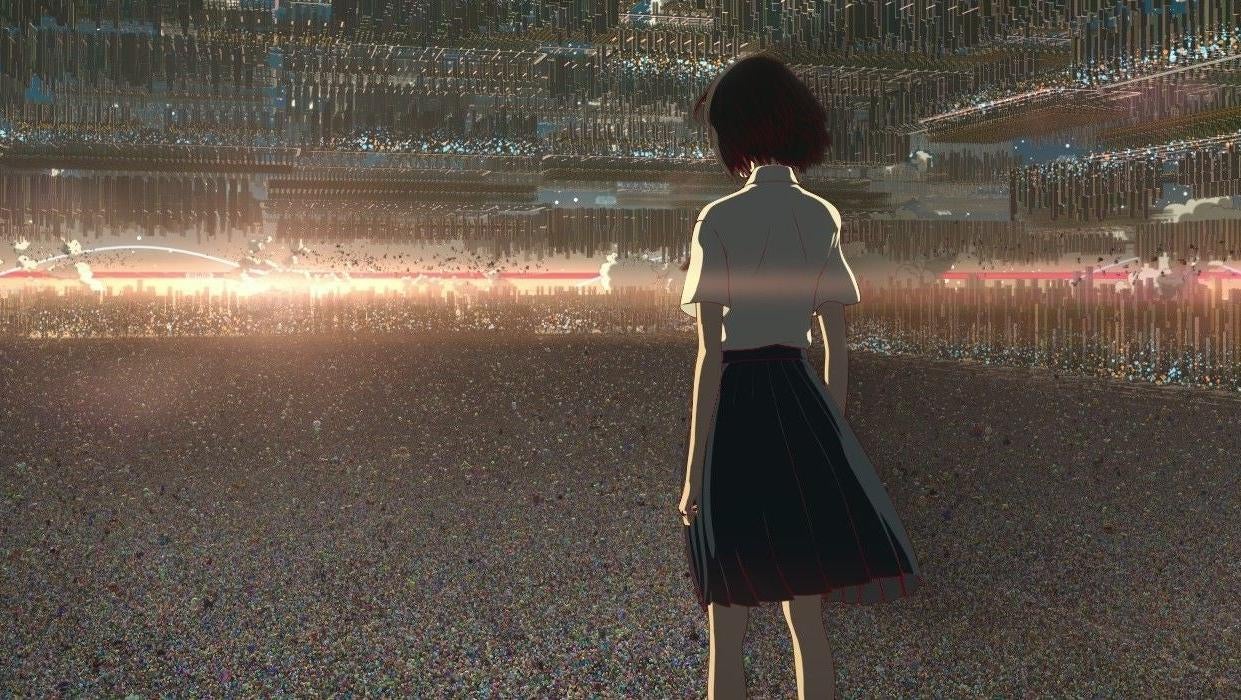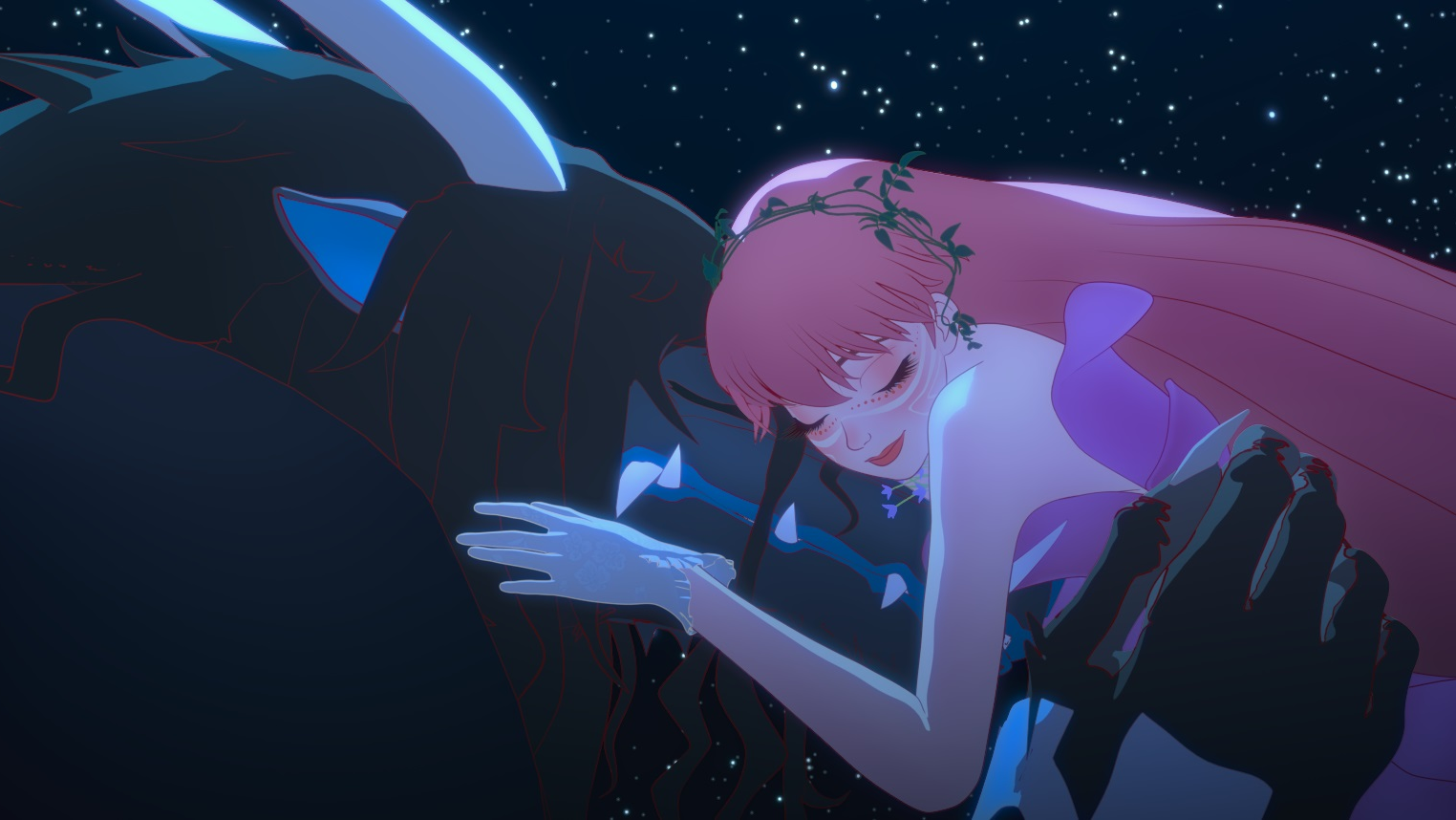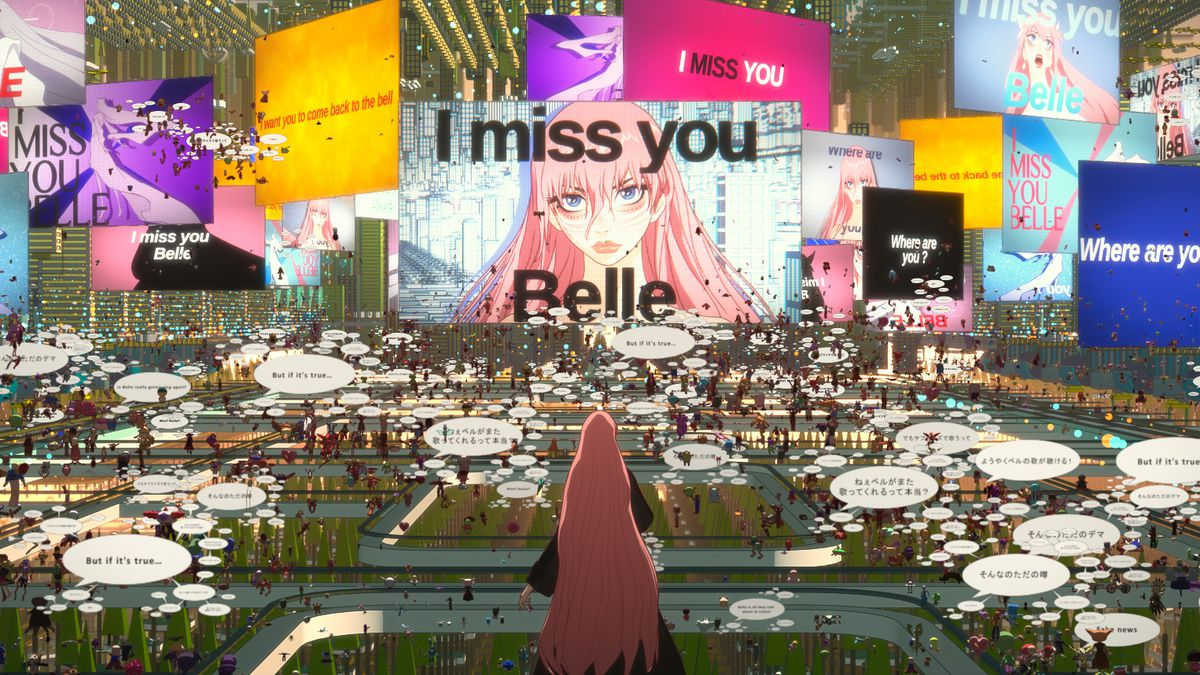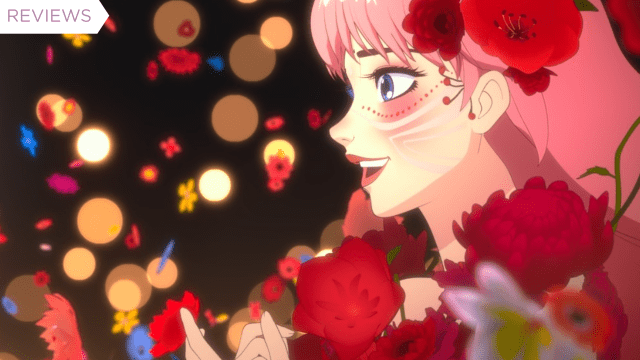It’s hard not to be pessimistic about the internet these days. From big tech companies’ capitalistic stranglehold on its structure to toxic online harassment, from adjacent ideas like the depressingly corporate metaverse trend to NFTs burning away the planet in the name of some ugly cartoon apes — it all feels like the bright digital future we once dreamed of is trending towards disaster. That is, unless you’re director Mamoru Hosoda, who seemingly just can’t help but see the light amid all that darkness.
The good that online connections can do has been a thread at the heart of Hosoda’s work as a director since his early days working at Toei on the prequel and sequel followups to its original, beloved Digimon Adventure series at the turn of the century — compelling adventures about the bonds young children made not just with the titular digital creatures, but the people and world around them as they fought to protect it from perverted corruptions of technology. When Hosoda eventually left Toei and went to work at Madhouse, he delivered Summer Wars, which took Digimon Adventure and Our War Game’s themes and extrapolated and iterated on them through the lens of a hodgepodge gathering of friends and strangers coming together via a virtual reality sim to battle a malignant artificial intelligence. Now at his own co-founded studio, Studio Chizu — and off the back of awards-season darling time-travel adventure Mirai in 2018 — Hosoda once again returns to musing on our relationship with the internet in Belle, a contemporary fairytale infused with a boundless hope for what good our online lives can pursue, rather than the evils such technology can harbour.

Set in a near-enough-future Japan — almost entirely like our own world save for the proliferation of a mobile app/virtual world called “U” that is both as simple to understand as “Second Life with an incredible art budget,” and yet also about as extremely into Clarke’s third law of magic and advanced technology as possible — Belle follows the plight of a highschooler named Suzu (Kaho Nakamura/Kylie McNeill). Still haunted by the death of her mother (Sumi Shimamoto/Julie Nathanson) when she was a child, Suzu finds herself struggling to connect to her inner self — and her passion for singing — and the people around her at school and at home, endlessly in search of an identity that she is still afraid to claim as her own. When one of her friends, the nerdy genius and incredibly online Hiroka (Lilas Ikuta/Jessica DiCicco), introduces Suzu to “U,” however, the young girl enters the digital world with her biometrically-scanned avatar transforming her into a dazzlingly beautiful, pink-haired Disney-esque princess named Belle, and discovers that becoming someone else allows her to reconnect to her love of singing, promptly becoming an overnight digital pop star sensation.
It’s here that Hosoda quickly shows just how plugged in he is to the immediate moment of our online, social media driven lives. “U” is no nightmarish brand-nostalgia-induced dystopia like the digital, gamified world of Ready Player One — or even the metaverses we seem to be building towards in our own reality — but a vast, fantastical cyberspace almost unfathomable to comprehend beyond its incredible visuals, filled with billions of people rendered as larger than life avatars where a normal-looking human is the rarity. Contrasted with the intimate, warm, yet subdued detail Belle affords its scenes set in the real world at Suzu’s home and school, “U” is a technicolor explosion of fairytale creatures, alien oddities, larger-than-life, self-proclaimed “justices” of the space that wouldn’t look out of place ripped out of a Super Sentai show. It’s a wondrously charming world, and yet beneath the glitz also a pointedly telling one. The initial reaction to Belle as she enters “U” and promptly bursts into song is about the closest the film gets to cynical realism: a rapid-fire rollercoaster of immediate curiosity and even more immediate dismissal, giving way to viral adoration, giving way to remixes and re-interpretations of her art that seek to celebrate and cast aside Belle’s actual talent and connection to the work in equal measure. Belle’s leap to digital stardom in some ways feels like a hybridisation of a Vtuber and and a viral TikTok trend, just heightened to the point of surreality thanks to the remarkable, giddying scope of “U” itself — and made to hit harder when, despite the fact that the mystery of who’s really behind Belle is on the lips of everyone at her school, very few people still actually care about Suzu herself.

But these are not entirely the primary concerns of the film, as disappointing as that may be to some who wish Hosoda’s latest had a bit more bite. As quickly as Belle charts Suzu’s meteoric rise as a songstress, it just as quickly gives way to its actual heart — a quasi-remix of itself, taking elements from the classic 18th century fairy tale Beauty and the Beast, very much by the way of the ‘90s Disney classic. When one of Belle’s concerts in “U” is disrupted by the arrival of a supposedly villainous avatar known only as the Dragon (Takeru Satoh/Paul Castro Jr.), instead of being as repulsed as the rest of the digital citizens of “U” and their aforementioned justices, Belle finds herself drawn to the bestial creature, inquisitive as to the kind of person who would run away to a virtual world and still sequester themselves off from everyone else. What she quickly discovers as she relentlessly tries to connect with the beast is that the Dragon harbours a secret tying to their life in the real world, and that it’ll be up to Suzu and her friends there, rather than in “U,” to cut through and reach out to someone in need, no matter how much they struggle at seeking help.
It’s here that Belle hammers home its simple underlying thesis, tying together everything from Suzu’s own traumatic past to the mystery of the Dragon’s true identity: that the value we place in self-actualization and claiming our own identities is equally worthy of being placed in the lives of everyone around us, whether it’s family, friends, or complete strangers we’ve met through a screen. It’s a storytelling idea that isn’t exactly original, not even to Hosoda’s own prior work, but Belle’s dogged commitment to it — pushing aside any brute cynicism it might have about “U” as a metaversal concept, pushing aside our own inherent cynicism beyond that — renders it a touching message nonetheless. Its commitment to that simple, relentless optimism doesn’t always quite work out. As its third act races to reveal the identity of the Dragon and their plight to Suzu and the audience alike, it touches upon certain ideas and arguments it simply doesn’t have the time to address with particular nuance, doing more harm than help to its hopeful view of digital lives and human connections in the process.

But these are minor stumbling blocks in what is easily Hosoda’s most stunningly gorgeous and effective mediation on the internet to date. Belle may hold a simple, perhaps even naïve, faith in its heart for a better tomorrow for our online worlds, but the dogged commitment to looking towards that future with hope is an ultimately charming one. Belle a bright pop of warm, beautiful colour in a bleak midwinter of theatrical releases that is welcomed, no matter how simple and familiar it might feel.
Belle releases theatrically across the U.S. today.
Editor’s Note: Release dates within this article are based in the U.S., but will be updated with local Australian dates as soon as we know more.
